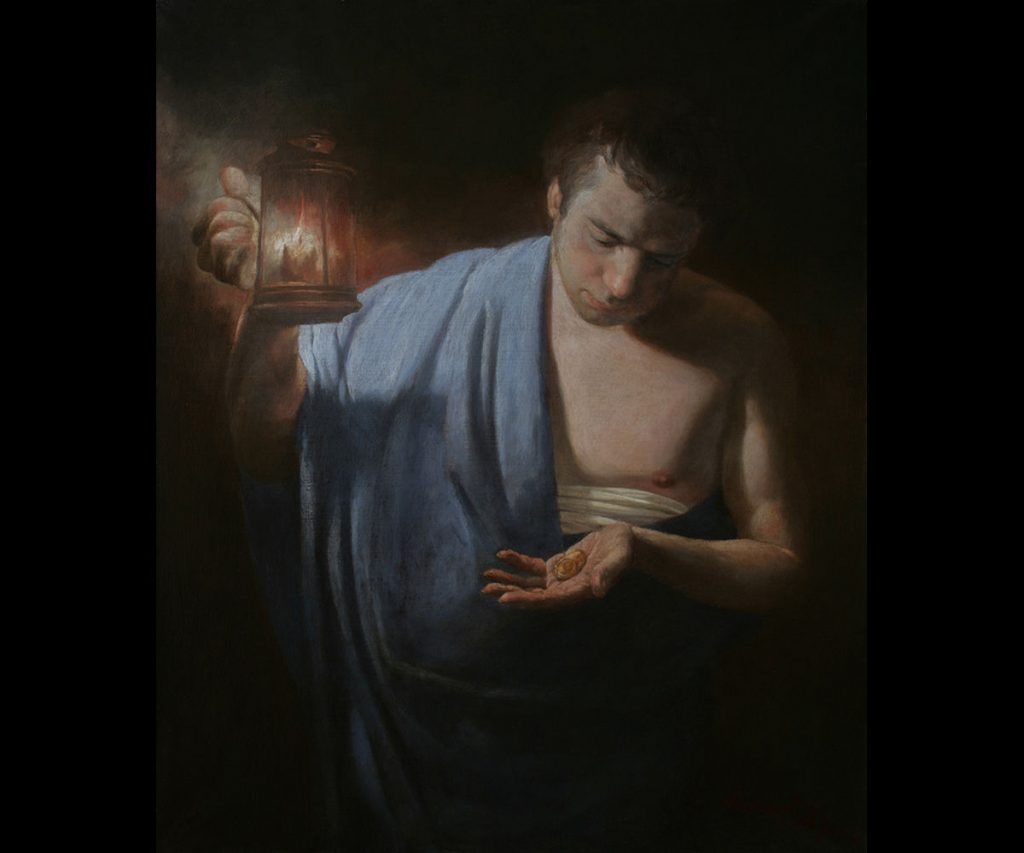Prov. 31:10–13, 19–20, 30–31 / Ps. 128:1–2, 3, 4–5 / 1 Thess. 5:1–6 / Mt. 25:14–30
The day of the Lord is coming, Paul warns in Sunday’s Epistle. What matters isn’t the time or the season, but what the Lord finds us doing with the new life, the graces He has given to us. This is at the heart of Jesus’ parable in the Gospel this week.
Jesus is the Master. Having died, risen and ascended into heaven, he appears to have gone away for a long time. By our baptism, he has entrusted to each of us a portion of his “possessions,” a share in his divine life (see 2 Peter 1:4). He has given us talents and responsibilities, according to the measure of our faith (see Romans 12:3,8).
We are to be like the worthy wife in Sunday’s First Reading, and the faithful man we sing of in the psalm. Like them, we should walk in the “fear of the Lord” — in reverence, awe and thanksgiving for his marvelous gifts.
This is the beginning of wisdom (see Acts 9:31; Proverbs 1:7). This is not the “fear” of the useless servant in Jesus’ parable this week. His is the fear of a slave cowering before a cruel master, the fear of one who refuses the relationship that God calls us to. He has called us to be trusted servants, fellow workers (see 1 Corinthians 3:9), using our talents to serve one another and his kingdom as good stewards of his grace (see 1 Peter 4:10).
In this, we each have a different part to play. Though the good servants in the parable were given different numbers of talents, each “doubled” what he was given. And each earned the same reward for his faithfulness — greater responsibilities and a share of the Master’s joy.
So let us resolve again in our Eucharist to make much of what we’ve been given, to do all for the glory of God (see 1 Corinthians 10:31). That we, too, may approach our Master with confidence and love when he comes to settle accounts.

